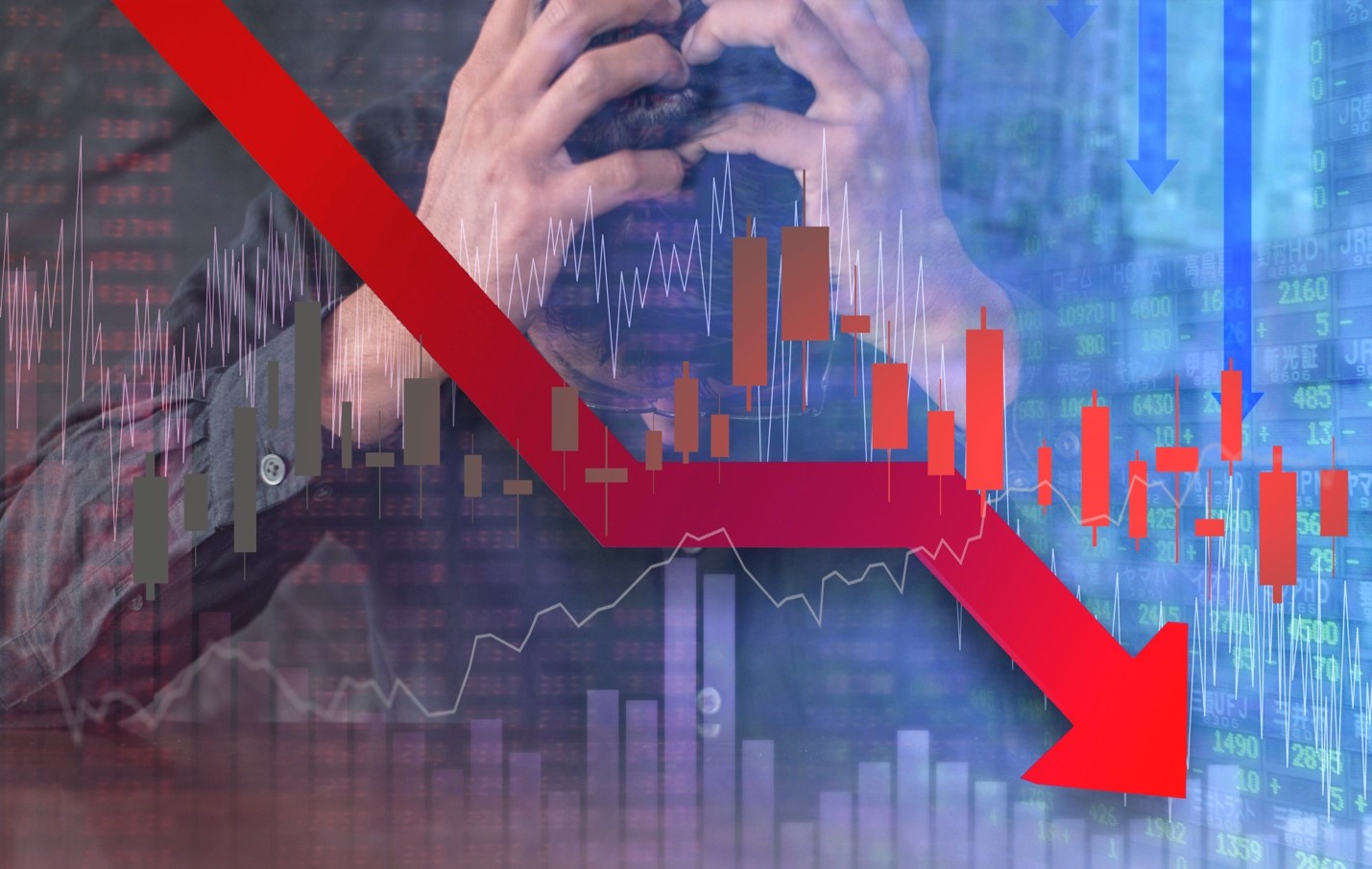In recent years, the financial world has witnessed a surge in interest in both forex (foreign exchange) and cryptocurrencies. Traders and investors around the globe are drawn to these markets, hoping to profit from their price fluctuations. However, the question often arises: which is riskier, forex or crypto? To answer this question, we must delve into the intricacies of both markets and analyze the various factors that contribute to their risk profiles.
Understanding Forex
Forex, short for foreign exchange, is the largest and most liquid financial market in the world. It involves trading one currency for another at an agreed-upon exchange rate. Forex trading is primarily conducted in the over-the-counter (OTC) market, where currencies are traded electronically around the clock.

Risk Factors in Forex Trading
Leverage:
Forex trading often involves high leverage, which can amplify both gains and losses. While leverage allows traders to control larger positions with a relatively small amount of capital, it also exposes them to significant risk.
Volatility:
Currency markets can be highly volatile, with exchange rates subject to sudden and unexpected fluctuations. Economic events, geopolitical developments, and central bank decisions can all contribute to this volatility.
Market Hours:
The forex market trading operates 24 hours a day, five days a week. While this provides ample trading opportunities, it also means that traders need to stay constantly vigilant, as market conditions can change rapidly.
Complex Factors:
Successful forex trading requires a deep understanding of macroeconomics, interest rates, geopolitical events, and central bank policies. Traders need to stay informed about a wide range of factors that can impact currency prices.
Understanding Cryptocurrency

Cryptocurrencies, on the other hand, are a relatively new asset class that emerged with the advent of Bitcoin in 2009. Unlike traditional currencies, cryptocurrencies are decentralized and based on blockchain technology, which offers transparency and security.
Risk Factors in Crypto Trading
Volatility:
Cryptocurrencies are notorious for their extreme price volatility. While this volatility can create substantial profit opportunities, it also exposes traders to significant risk. Prices can skyrocket or plummet in a matter of hours or even minutes.
Lack of Regulation:
The cryptocurrency market is less regulated than traditional financial markets like forex. This lack of oversight can lead to fraudulent activities, scams, and market manipulation.
Security Concerns:
Cryptocurrency exchanges and wallets have been targeted by hackers, resulting in significant losses for investors. Ensuring the security of one’s crypto assets is a major concern in the industry.
New Technology:
Cryptocurrencies are built on innovative technology, which can be complex and challenging for newcomers to understand. Additionally, the rapid pace of technological advancements in the crypto space means that investors must stay updated to minimize risks.
Comparing the Risk Profiles

To determine whether forex or crypto is riskier, it’s essential to consider the following aspects:
Volatility:
Both markets exhibit high volatility, but cryptocurrencies generally experience more extreme price swings. While this volatility can offer substantial profit opportunities, it also carries a higher risk of loss.
Regulation:
Forex markets are well-regulated by financial authorities in most countries, providing a level of investor protection. In contrast, the cryptocurrency market is still evolving in terms of regulation, leading to more uncertainty and risk.
Liquidity:

Forex is the most liquid market globally, with a massive trading volume exceeding $6 trillion daily. Cryptocurrency markets are less liquid, which can lead to larger price slippages and difficulty in executing large orders.
Knowledge and Experience:
Success in both markets requires knowledge and experience. However, forex trading relies on more traditional financial principles, making it somewhat more accessible to traders with a background in finance. Cryptocurrencies, on the other hand, involve novel technology and concepts, which can be more challenging to grasp.
Security:
While both markets have their security concerns, the cryptocurrency space has a history of hacks and thefts that have resulted in substantial losses for investors.
let’s delve deeper into some of the additional factors that contribute to the risk profiles of both forex and cryptocurrencies:
Diversification Opportunities:
- Forex: Forex traders have the advantage of diversifying their portfolios by trading a wide range of currency pairs. This diversity can help spread risk, as movements in one currency pair may offset movements in another. Additionally, traders can hedge their positions to reduce risk.
- Cryptocurrencies: The crypto market, although growing, offers relatively limited diversification options compared to forex. Most investors in cryptocurrencies concentrate their portfolios on a handful of coins, such as Bitcoin and Ethereum. This lack of diversification can expose crypto investors to higher risks, as a significant price movement in one cryptocurrency can have a substantial impact on their overall portfolio.
Market Sentiment and Speculation:

- Forex: Currency markets are influenced by economic fundamentals, central bank policies, and geopolitical events. While speculation exists in forex, it is generally more grounded in real-world factors. This can make price movements in forex more predictable to some extent.
- Cryptocurrencies: The crypto market is often characterized by strong sentiment-driven price movements. News, social media trends, and market hype can lead to rapid and irrational price swings. Traders need to be cautious when navigating this sentiment-driven landscape, as market sentiment can change abruptly.
Accessibility:
- Forex: Forex trading is accessible to a wide range of participants, including retail traders, institutional investors, and corporations. Retail traders can start with relatively small accounts, and the forex market trading offers various trading platforms and tools.
- Cryptocurrencies: Crypto trading platforms have made it increasingly accessible to retail investors, but the learning curve can be steeper due to the technological and security aspects involved. Additionally, some cryptocurrencies may only be available on specific exchanges, limiting accessibility.
Conclusion
Determining whether forex or crypto is riskier ultimately depends on an individual’s risk tolerance, knowledge, and trading strategies. Both markets offer opportunities for profit, but they come with their own set of challenges and risks.
Forex, as a well-established market with robust regulation and extensive resources for education, may be considered less risky for traders with a strong financial background. However, it still involves substantial risks, especially when leverage is involved.
Cryptocurrencies, with their extreme volatility and evolving regulatory landscape, can offer significant returns but are riskier, particularly for inexperienced traders. To mitigate risk in the cryptocurrency market, investors must prioritize security and education.
In conclusion, both forex and crypto trading involve risk, and the level of risk depends on various factors. It’s essential to emphasize that risk and opportunity often go hand in hand in financial markets. Traders and investors can manage and mitigate risks through proper education, risk management strategies, and disciplined trading practices. Ultimately, the decision of whether forex or crypto is riskier will depend on individual circumstances and preferences. Regardless of the choice, it’s crucial to approach these markets with a clear strategy and a full understanding of the associated risks and rewards.
















